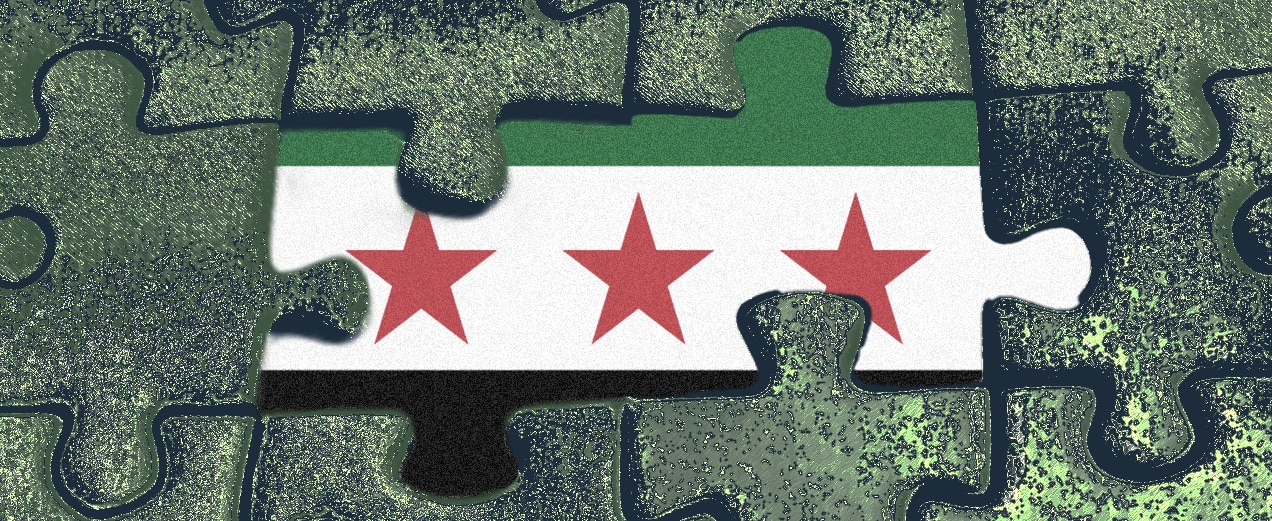Europe, Middle East, Africa
Compliance help needed to reintegrate Syria
• 0 minute read
July 22, 2025

Syria’s financial sector is asking for help from compliance experts globally to help it reintegrate into the international financial system following the end of the civil war late last year. The United States took further steps to lift sanctions on the middle eastern state on June 30, but there is a huge amount of work to be done locally to reinvigorate compliance programmes.
Local bankers and compliance officers are eager to learn and invest, but need help, according to Luma Zitani, a financial crime practitioner and Syria expert.
She recently met with more than 30 compliance heads from Syrian banks, who are seeking help to boost their compliance systems and controls to accelerate reintegration.
“There was that hunger to do the right thing. Theyʼre willing to learn. Theyʼre willing to invest. They said: ‘Give us a chance and then help us’,” Zitani told Compliance Corylated.
Eager to learn
Compliance officers are not asking for money or investment, but guidance and assistance, said Zitani, adding while there are local banks keen to reintegrate and meet the necessary criteria, “they canʼt do it on their own”.
A considerable amount of capacity building is required at the banking, government and regulatory levels, and Syria has a sizeable highly educated diaspora that could help, as well as other organisations. “Itʼs not really that difficult,” Zitani stressed. “Youʼre not building infrastructure, youʼre not building a new power plant — youʼre basically training people who are very keen and eager to learn.”
Correspondent banking due diligence challenge
Syriaʼs reconnection to Swift, the global financial messaging network, on June 20 was a significant step. However, what the countryʼs banks need is correspondent banking relationships and establishing these will require an intensive due diligence process and a site visit.
Correspondent relationships are very costly to establish and maintain at the best of times, Zitani pointed out, adding: “Imagine having to do that in a country that is fresh off the EU high risk country list, which basically means that most transaction sneeds to be subject to enhanced due diligence.”
Avoiding corruption
The last Financial Action Task Force (FATF) mutual evaluation before the war ticked a lot of the boxes in terms of the regulatory framework, Zitani said. However, FATF was not able to conduct an evaluation during the war period since 2011.
“From a legislation point of view, the bones are there. You also just need the capacity to be an effective supervisor,” she said.
“Why is this all important? Not just to connect Syria back to the financial system. The best way to prevent another corrupt setup is to force a very transparent, rule-based financial system that has very clear expectations around sources of wealth and money laundering.”
US and EU support
The US and the European Union have been supportive of Syria’s return to the global financial and economic stage.
President Trump’s executive order 14312 removed sanctions on Syria while maintaining sanctions on former Syrian president Bashar al-Assad, his associates, human rights abusers, drug traffickers, persons linked to chemical weapons activities, ISIS or its affiliates, and Iranian proxies.
“President Trump wants Syria to succeed — but not at the expense of US interests. While seeking to re-engage constructively, this administration will continue to guard against all threats and monitor progress on key priorities,” the White House said in a statement.
The EU has also taken steps to support Syria by ending sanctions and using its newly created Sanctions Helpdesk to advise companies seeking to transact there.
“[Adopting acts to drop sanctions] formalises the political decision announced on May 20, 2025, and aims at supporting the Syrian people in reuniting and rebuilding a new, inclusive, pluralistic and peaceful Syria,” the EU’s Directorate-General for Financial Stability, Financial Services and Capital Markets Union said in a statement.